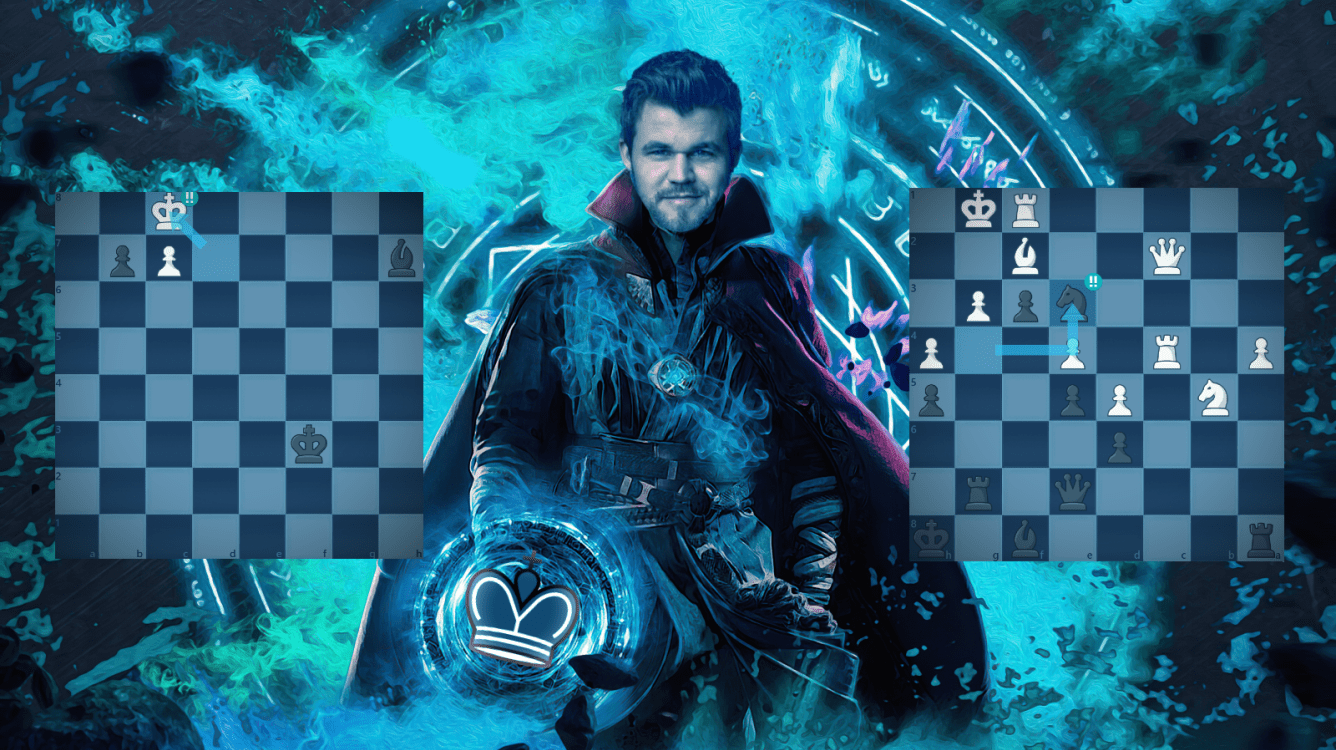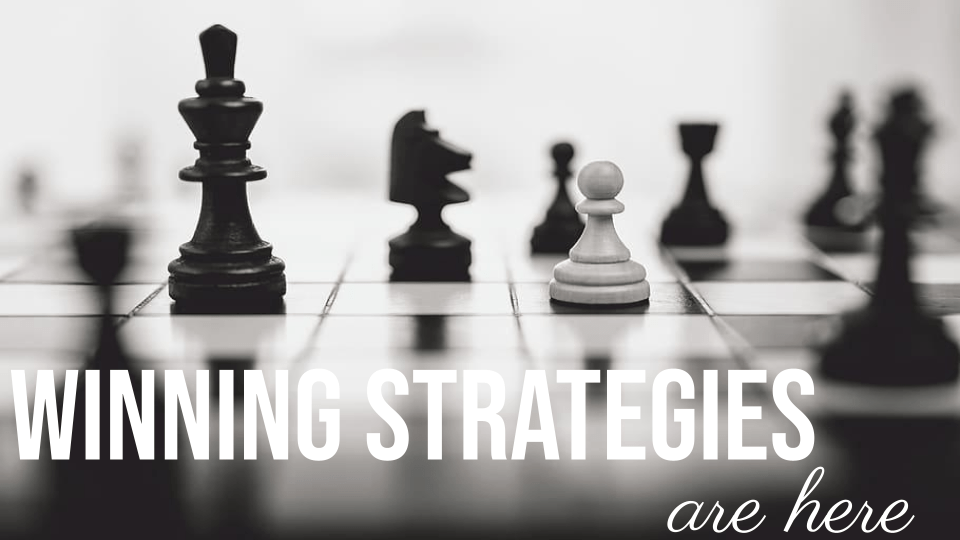
Winning Chess Psychology
Chess is a game of the mind. The best games are usually determined by the way the players think. Psychology is a big part of chess, believe it or not, so here are a few tips to improve the way you view the game.
1. Don't Look at the Rating
I'm sure you've heard the saying "Play the board, not your opponent" a million times, but it really is important to remember this rule. Your play should be the same against GM and players 300 points below you. This may not seem like that big of a deal, but it can cause extreme blunders.
For example, when a GM hangs a piece against a non-master, it can seem like a brilliant sacrifice, and the opponent is likely not to take it!

2. Trust Yourself
How do you judge whether a move is good or not? Well, you look at the moves your opponent could play, and evaluate the resulting positions. You can usually come up with candidate moves for your opponent, but sometimes they can play something unexpected! If so, try to prove that they played a bad move. It is better to start by thinking, "Ha! That wasn't a good move!" than to wail at your oversight.
3. Maintain Yourself
If you are a competitive chess player, you probably have realized that chess is a frustrating game at times. We've all hung mate in a winning position at least a few times, right? That is why chess calls for mental composure. Here's what I'm talking about:
- Stay focused - Long games take a toll on the brain. A blunder can happen on any move, so be careful with every move.
- Don't get over-confident when you are winning - It's easy to think that the game is already over when your opponent hangs a rook. Remember, though, that your opponent may get counterplay and turn the game around.
- Don't lose hope - Being hit with a winning tactic is like a blow to the ribs. However, you need to stay on the lookout for tactics that can balance the game or even win it!

GM Anton Korobov looking at his miserable position. Photo: Maria Emelianova/Chess.com.
4. Only Play Useful Moves
Plans are a huge part of chess, especially in the middlegame. If you don't have one, then why are you playing? All your moves should be connected to a great goal you know will actually help you. An example of a "soft move" is below:
What is the purpose of this move? There is none. Moves like this are often thrown out because it's a check, and they can't find something better to do. Unless you have serious time pressure, take the time to find a move with a concrete purpose. My opponent had seven minutes on the clock, plenty of time to find a good move.
5. Risk It to Win It
It always feels nice to play a beautiful tactic involving a piece sacrifice. But the best sacs are the ones with genuine risk. While I don't expect chess players at my level to play dangerous moves like this in big tournaments, at least give them a try in Chess.com games. Obviously, you should not sacrifice just because you feel like it, only do it if the position calls for it. If the sacrifice goes terribly wrong (like the game below), then brush it off, and try again when you must.
That ends the blog. Psychology is a huge factor of the game we love, so the way we think is the way we play. Thanks for reading and have a nice day.


